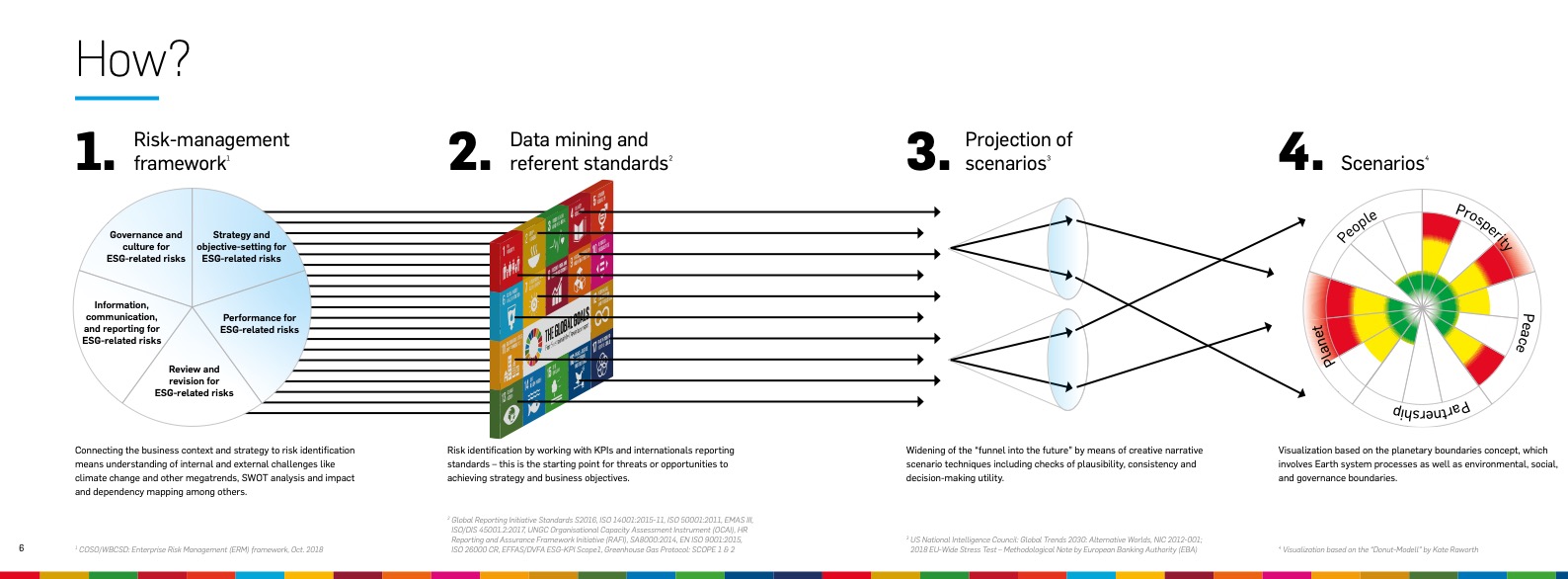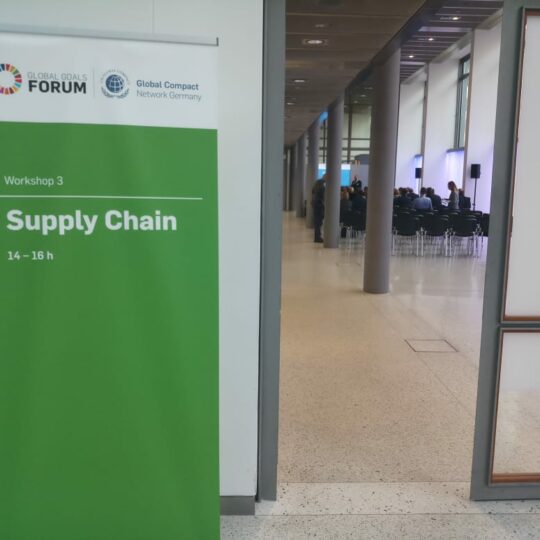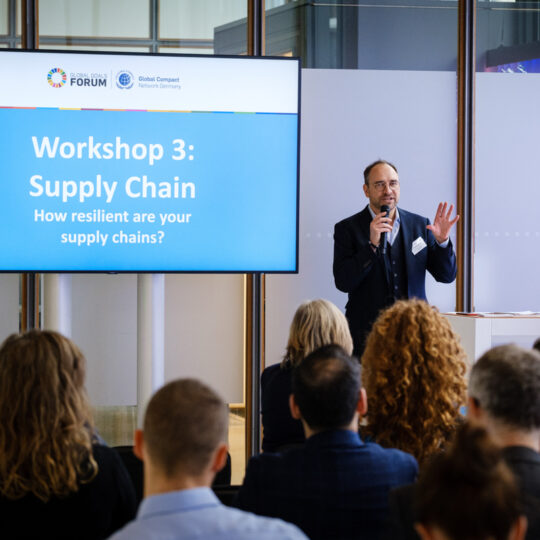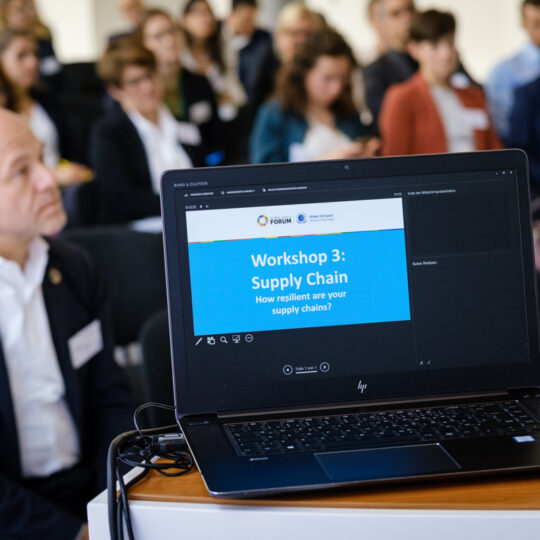Extreme weather events, intolerable working conditions, risks of human rights violations, the use of hazardous substances, etc. – sustainability is no longer a niche issue but an important reality in everyday business (see the WEF Global Risks Report 2019). It names central risks, but also opportunities in the value-creation process. No wonder that legislators, investors, consumers, and procurers of larger companies are paying more attention to compliance with environmental, human, and labor rights as well as questions of good corporate governance. Experts use the expression of so-called ESG (environmental, social and governance) criteria. In a globalized world with highly complex levels of production, compliance with these ESG criteria is becoming increasingly challenging and, at the same time, more critical for each company: The more that production steps and processes are relocated to the supply chains, the more that risks are outsourced. Digitalization and political uncertainties aggravate this development. Entities – including businesses, governments, and nonprofits – therefore face a rapidly evolving landscape of ESG-related risks that can impact their profitability, success, and even survival. Given the unique impacts and dependencies of ESG-related risks, this workshops willl discuss best practices and initiatives to develop (digital) solutions that help organizations better understand the full spectrum of these risks and to manage and disclose them effectively.
Copyright: André Wagenzik No permission, either express or implied, is granted for the electronic transmission, storage, retrieval, or printing of the photographs contained on this website.
Supply Chain
Risk Model

14:00 – 16:00
Contributors
Gallery









